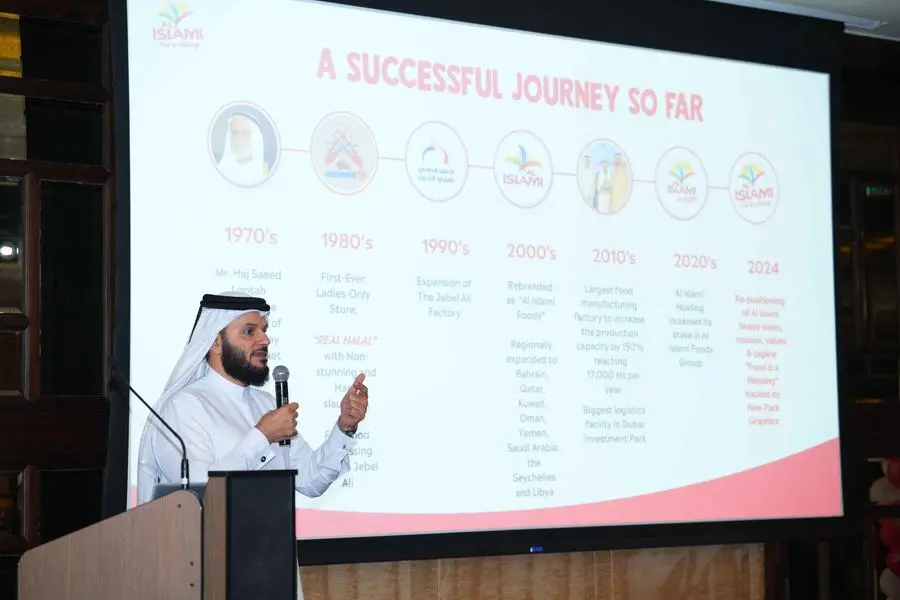Ever heard of Fulla, the gorgeous little girl who wears a hijab (Islamic headscarf), is draped in an abaya (Arabic cloak) and promotes good values among girls of her age? Well, she is the prototypical Barbie doll of the Arab world, produced by Syria’s NewBoy Design Studio for a parent company that is based out of Dubai. And that’s not all: Fulla comes with her own little pink prayer rug. Fulla was introduced in 2003 in West Asia with an eye to offering a toy in sync with the cultural sensitivities of the Arab world where parents are uncomfortable having their daughters play with the very American icon, Barbie. The creators of the doll say it has been a huge success since it was introduced because it relates to the Islamic values as practised in these countries. Fulla is fashionable but still believes in traditional values — and she represents the increasing commercialisation of Islam. |
The Islamic world is rapidly going through a paradigm shift as far as brands and consumerism are concerned. Paul Temporal’s book might well serve as a gospel for many multinational corporations that have hitherto believed in formulating a marketing strategy based on a SWOT (strength, weakness, opportunities and threats) analysis or by identifying their target customers.
As more and more transnational companies look at expanding their footprints in the global Islamic market, which accounts for around 23 per cent of the world’s population and is projected to grow to about 35 per cent in the next 20 years, brand managers and marketing heads need to study and analyse the religion that dictates so much of public life and its associated values.
In the book, Temporal, who directs a research project on Islamic branding and marketing at Oxford University, has also underscored the need to study the broad ethos of Islam that stands on some of basic principles. The book provides a detailed approach as to how companies should market their products in countries that have a significant Muslim population, even as he argues why a particular religion needs to be understood before penetrating the market.
The book offers numerous case studies based on thorough research conducted both on Islamic brands and non-Islamic labels. Interestingly, branding efforts are not limited to products or services only; Temporal also highlights how more and more Islamic countries such as Qatar, Oman, Malaysia and Brunei, among others, are now spending huge sums of money to promote their own brands so as to create a positive image of their countries.
A case in point is Qatar’s bid to host the 2022 football World Cup. Although Qatar is not a leading footballing nation, its success in winning the bid for one of the world’s biggest sporting events has not only given the place instant recognition among many as an open country, but it also seeks to attract investments and jobs. Similarly, Malaysia and Brunei have been able to assert their positions as an Islamic financial base and halal food hub respectively. Besides, several brands from Islamic countries, like Malaysia’s Petronas, have gained a reputation among a vast Muslim population for fulfilling their aspirations. Petronas, for instance, entered the world of Formula One motor racing in 1995 in an effort to assert its brand as a global name. Today, it has bagged a five-year agreement with auto giant Mercedes.
Interestingly, Temporal sketches many others Islamic brands that, like Fulla, offer US ideas in traditional garb. There is, for instance, “Beurger King Muslim” (BKM). Modelled on the lines of the famous US food-chain, BKM was launched in Paris six years back and offers beef and chicken burgers but all halal meat. It also offers “Koull” Double Cheeseburger . “Beur” means Arab and “Koull” which can be pronounced “cool”, means “to eat” in Arabic.
The book also draws attention to the basic tenets of Islam and how such societies are governed, explaining key values and ethics in a lucid way. It has highlighted the basic tenet of the Quran that states that any creation, even a product that is meant to be consumed, is a gift of Allah and it must be used efficiently for the benefit of all. Then there are certain businesses that are prohibited under Islam such as gambling, pornography, alcoholic beverages and pork products. The most important thing to remember while venturing into an Islamic market is that the poor must be protected by the rich.
Companies that fail to understand these few but essential tenets are unlikely to taste success in markets. For instance, sports goods major Nike had to recall a whole range of sports shoes for carrying a logo that offended Islamic sentiments. While apologising to the Islamic world, the company also had to donate $50,000 for a playground for an Islamic elementary school in the US. Examples such as this make this book an essential read for all die-hard fans of globalisation who believe in one world and one market but different virtues.



